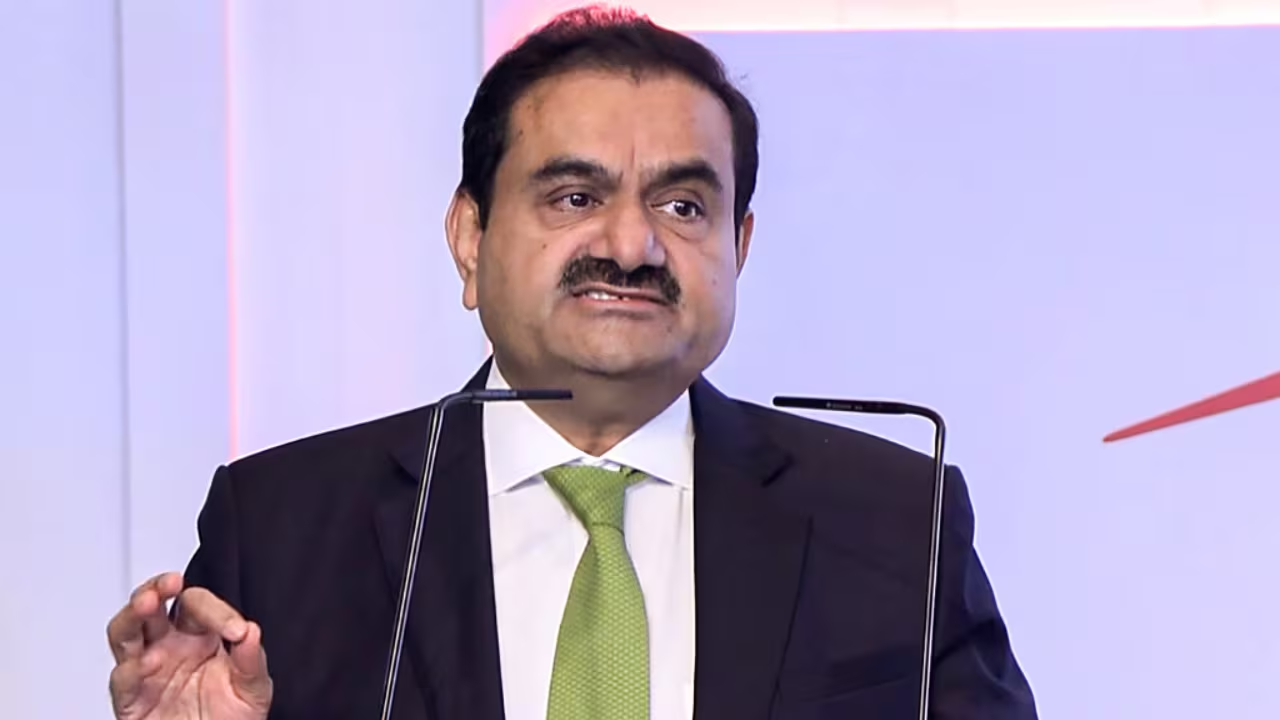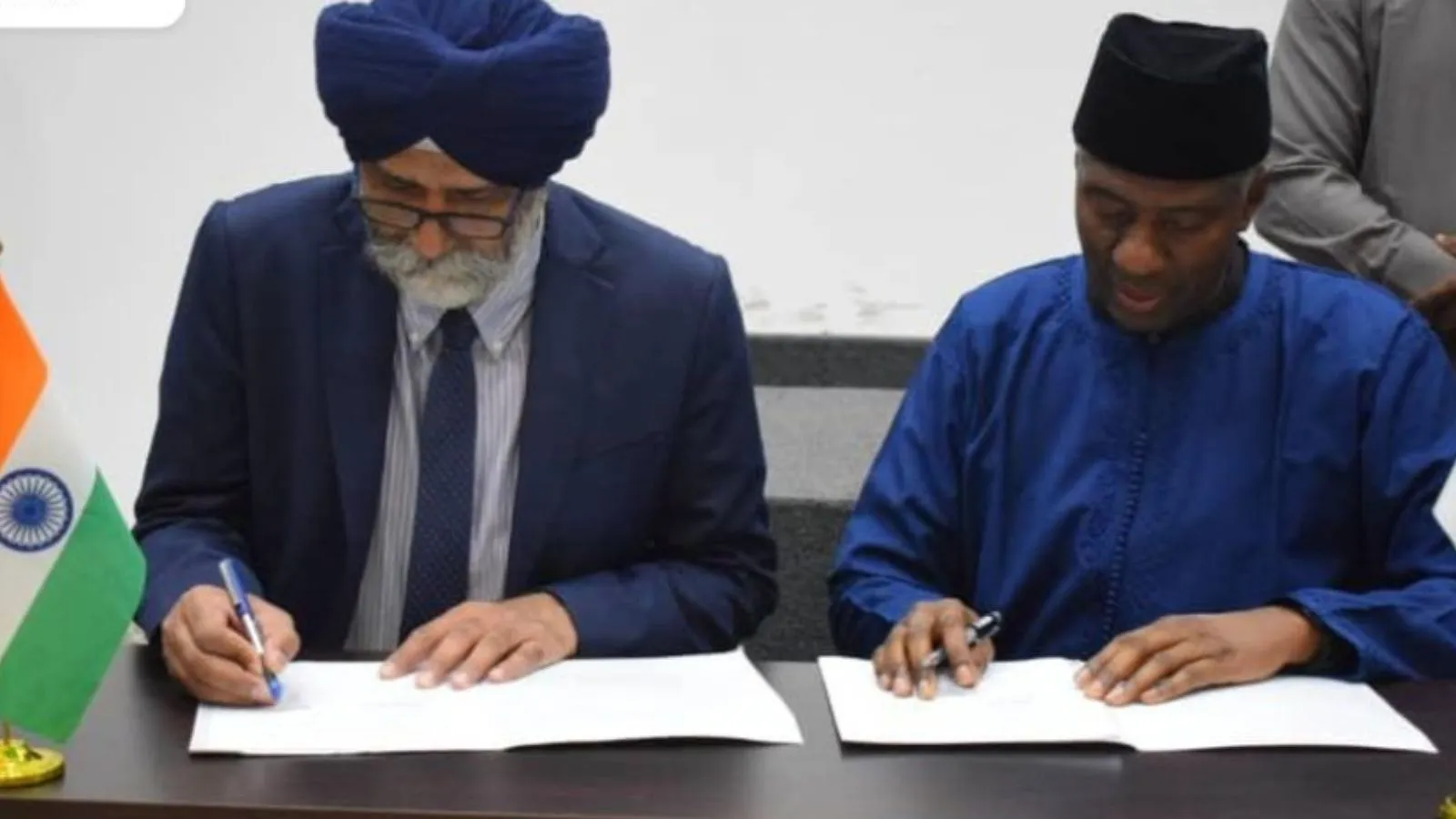Dedollarization has become a prerequisite for joining the BRICS alliance, and Nigeria, aspiring to be part of this influential bloc, has demonstrated its commitment by eschewing the dollar in its transactions with India
In a significant move echoing a growing trend of dedollarization, India has once again taken a bold step by eliminating the dollar from its trade dealings with Nigeria, media reports said.
The abandonment of the dollar marks a notable shift in the economic landscape, particularly among emerging powers like the BRICS nations. China and Russia have already expelled the dollar from their trade exchanges, with over 90% of their transactions now conducted in rubles or yuan.
Dedollarization has become a prerequisite for joining the BRICS alliance, and Nigeria, aspiring to be part of this influential bloc, has demonstrated its commitment by eschewing the dollar in its transactions with India.
The bilateral agreement between India and Nigeria includes the establishment of a national currency settlement system to strengthen their trade ties. Nigeria stands as India’s second-largest trading partner in Africa, with trade volumes reaching $12 billion in 2022 and $8 billion in 2023.
As nations brace for potential upheavals in the international monetary system, initiatives like the one between India and Nigeria exemplify a concerted effort to reduce dependency on the dollar and foster greater economic autonomy
The trade relationship between the two nations spans various sectors, including pharmaceuticals, renewable energy, agriculture, education, and transportation. Notably, Nigeria imports a substantial amount of Indian pharmaceutical products in exchange for its oil.
Under the new arrangement, transactions will be settled in Indian rupees and Nigerian nairas, marking a departure from the reliance on the dollar. The official Indian delegation, comprising representatives from the Reserve Bank of India (RBI), EXIM Bank of India, and National Payments Corporation of India (NPCI), facilitated this transition.
This move underscores a broader trend of global dedollarization, with more than 20% of global oil purchases no longer conducted in dollars. The recent inclusion of three major oil exporters—Saudi Arabia, Iran, and the United Arab Emirates—into the BRICS framework further signals a seismic shift in the international monetary system.
As emerging nations grow weary of the United States’ dominance through the petrodollar system, geopolitical tensions continue to simmer. The implications of this dedollarization trend are profound, hinting at a reconfiguration of global economic power dynamics.
As nations brace for potential upheavals in the international monetary system, initiatives like the one between India and Nigeria exemplify a concerted effort to reduce dependency on the dollar and foster greater economic autonomy.
***********************************************************
Readers
These are extraordinary times. All of us have to rely on high-impact, trustworthy journalism. And this is especially true of the Indian Diaspora. Members of the Indian community overseas cannot be fed with inaccurate news.
Pravasi Samwad is a venture that has no shareholders. It is the result of an impassioned initiative of a handful of Indian journalists spread around the world. We have taken a small step forward with the pledge to provide news with accuracy, free from political and commercial influence. Our aim is to keep you, our readers, informed about developments at ‘home’ and across the world that affect you.
Please help us to keep our journalism independent and free.
In these difficult times, running a news website requires finances. While every contribution, big or small, will make a difference, we request our readers to put us in touch with advertisers worldwide. It will be a great help.
For more information: pravasisamwad00@gmail.com








